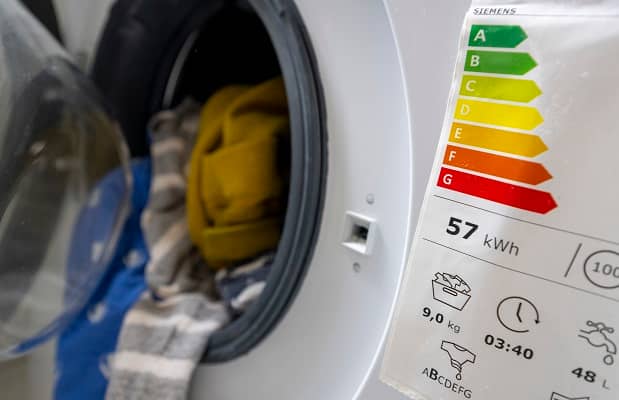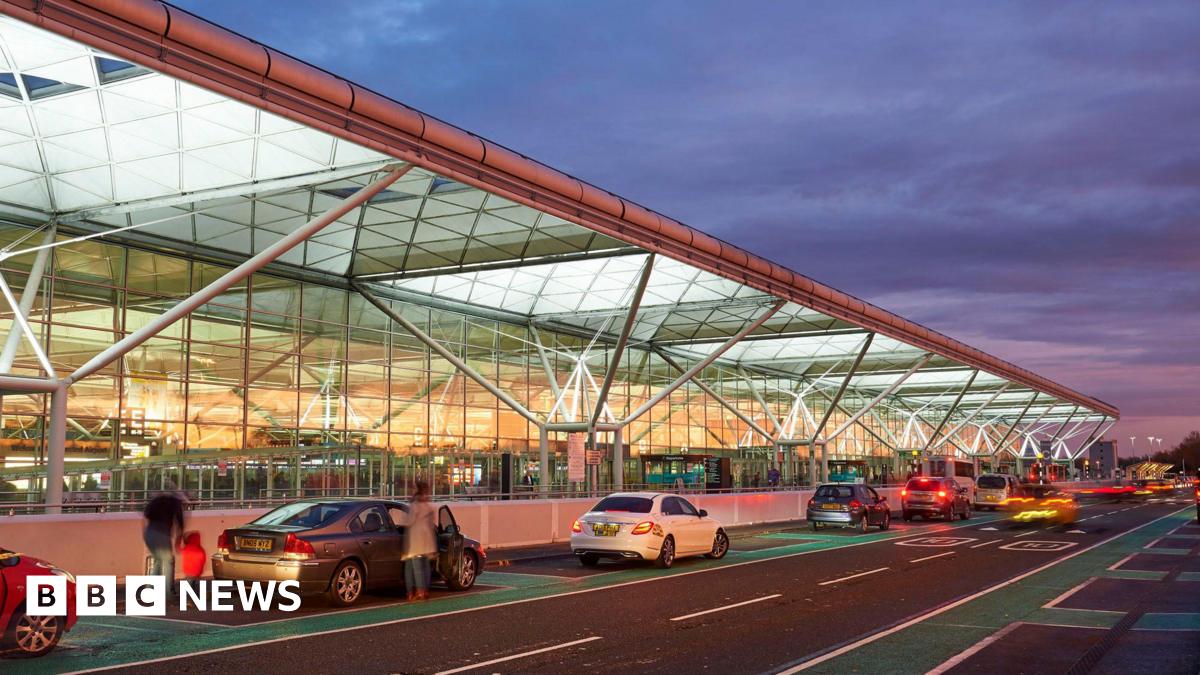Bussiness
London’s appliance repair industry leads the charge in sustainable home maintenance – London Business News | Londonlovesbusiness.com

In the heart of the UK’s capital, a quiet revolution is taking place in the world of home maintenance. London’s appliance repair industry is rapidly evolving, embracing sustainable practices that not only extend the life of household machines but also contribute significantly to the city’s environmental goals and economic resilience.
The shift towards sustainability in appliance repair comes at a crucial time. With the UK government’s ambitious net-zero targets looming and consumers increasingly conscious of their environmental footprint, the industry finds itself at the forefront of the circular economy movement.
“We’re seeing a fundamental change in how Londoners approach appliance maintenance,” says Ross Ganev, Ceo and Co-founder of Domex Ltd, a leading appliance repair company in the capital. “There’s a growing understanding that repairing, rather than replacing, is not just cost-effective but also environmentally responsible.”
This trend aligns perfectly with recent policy developments. The Association of Manufacturers of Domestic Appliances (AMDEA) recently launched its ‘Roadmap to a Sustainable Appliance Future’, which includes recommendations such as reduced VAT on repairs and spare parts to encourage extended appliance lifespans and ‘repair rather than replace’ behaviours.
The impact of these changes is already being felt across London’s economy. The repair industry is creating new jobs, from skilled technicians to logistics specialists, contributing to the city’s post-pandemic recovery. Moreover, by keeping appliances in use for longer, the sector is helping to reduce the city’s electronic waste, a growing concern for environmental agencies.
Domex Ltd has been at the forefront of this sustainable revolution. Established in 2003, the company has grown to cover almost the whole of M25 for a full skill set of kitchen appliances. They are proud to be an Approved Service Centre for leading manufacturers such as Beko, Samsung, LG, Whirlpool, Liebherr and more, as well as a major insurance company, Domestic & General, for the whole of London.
The benefits of repair extend beyond the environmental impact. Homeowners are finding that professional repairs can significantly extend the life of their appliances, often at a fraction of the cost of replacement. This is particularly relevant in the current economic climate, where many households are looking to reduce expenses.
However, the industry faces challenges. The complexity of modern appliances, with their integrated smart technologies, requires continual upskilling of the workforce.
Companies like Domex Ltd are investing heavily in training their technicians to handle the latest eco-friendly appliances and develop innovative repair techniques that minimize waste.
Looking to the future, the London appliance repair industry is poised for further growth. The AMDEA roadmap suggests potential government incentives for R&D and technology innovation that could accelerate the development of more sustainable appliances. This could open new avenues for repair services, potentially including predictive maintenance powered by artificial intelligence (AI) and Internet of Things (IoT) technologies.
As London continues to position itself as a global leader in sustainability, the appliance repair industry’s role cannot be overstated. By extending the life of household appliances, companies like Domex Ltd are not just providing a service; they’re contributing to a larger movement towards a more sustainable, circular economy.
The success of this industry demonstrates that sustainability and economic growth can go hand in hand. As more Londoners embrace the ‘repair, don’t replace’ ethos, the city moves one step closer to its environmental goals while supporting a thriving local industry.
For businesses and policymakers alike, the message is clear: investing in and supporting the appliance repair sector is not just good for the environment—it’s good for London’s economy too. As the industry continues to innovate and adapt, it stands as a shining example of how traditional services can be reimagined for a sustainable future.










